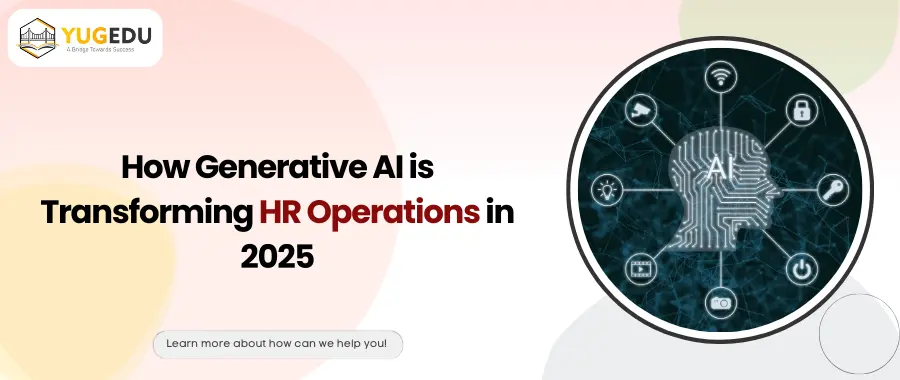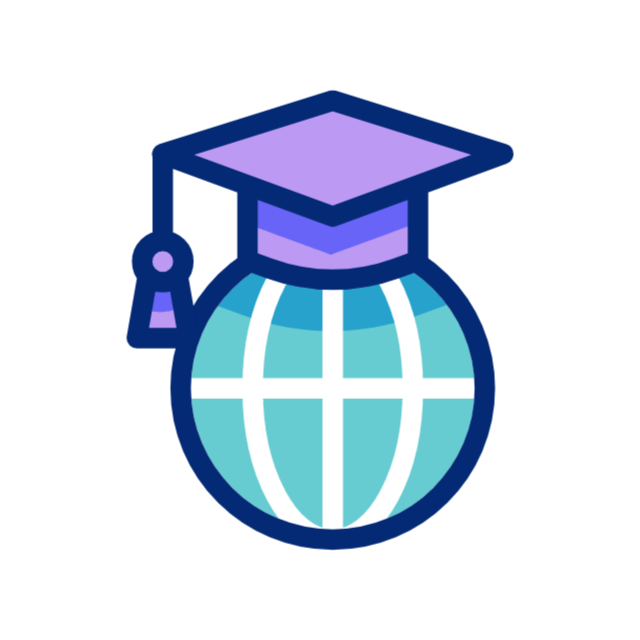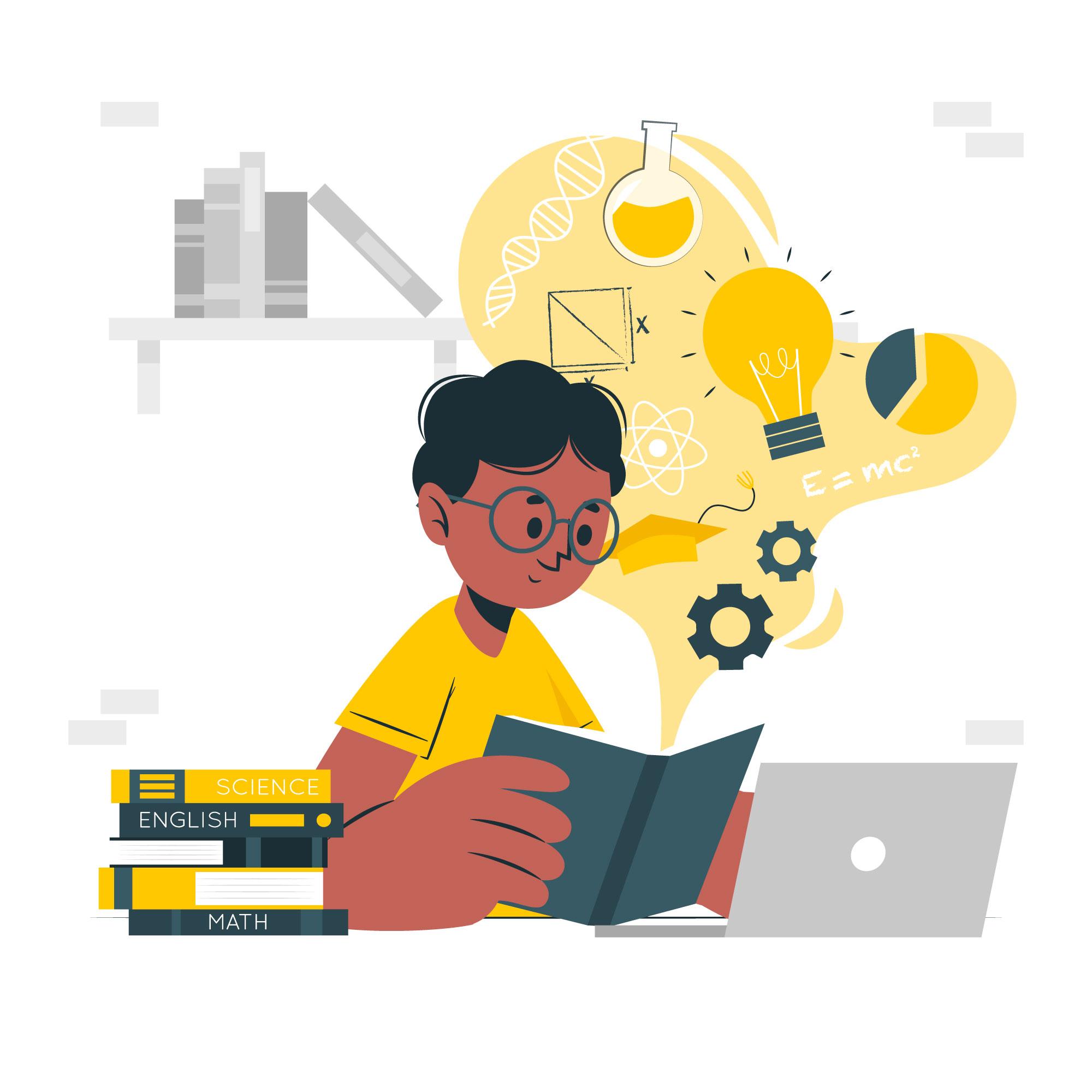
How Generative AI is Transforming HR Operations in 2025
In 2025, Generative Artificial Intelligence (AI) is transforming Human Resources (HR) functions by streamlining intricate activities, improving decision-making, and tailoring the employee experience. The technology empowers HR practitioners to concentrate on strategic projects, resulting in heightened efficiency and greater employee satisfaction. As companies get accustomed to this digital revolution, incorporating Generative AI into HR functions becomes the key to retaining a competitive advantage in the modern workplace environment.
What is Human Resources (HR)
Human Resources (HR) is the department in an organization that has the order to manage all aspects of its employees. This entails hiring, recruitment, training, performance management, benefits administration, and monitoring compliance with labour law. The fundamental purpose of HR is to aid in employee recruitment, retention, engagement, and productivity, which will differ from organization to organization and job to job.
The Role of Generative AI in HR
Generative AI is transforming Human Resources by automating resume screening, generation of job descriptions, and employee onboarding processes, resulting in higher efficiency and lower operational costs. It allows for customized employee development plans through the evaluation of individual performance data, enhancing training efficacy. Furthermore, AI-based tools allow for unbiased recruitment and offer fact-based insights for strategic choices. Through the incorporation of Generative AI, HR functions can concentrate more on strategic projects, enhancing organizational productivity and employee happiness overall.
How Generative AI is Transforming HR Operations
- Talent Acquisition and Recruitment: Generative AI simplifies the hiring process with automated resume filtering and candidate matching. AI technologies sift through large volumes of applicant information to determine the top-fit candidates according to specific criteria, driving the time-to-hire substantially down. AI-powered platforms are also capable of creating customized outreach messages to prospective candidates, increasing engagement and response rates.
- Employee Onboarding: The onboarding process is improved by AI-driven digital assistants that walk new employees through required paperwork, training modules, and company policies. Not only this speed up the integration process, but it also provides consistency and compliance, freeing up HR professionals to work on more strategic initiatives.
- Training and Development: Generative AI makes learning personalized through the generation of customized training materials based on the specific needs and learning styles of individual employees. This adaptive learning method improves skill acquisition and fosters ongoing learning within the company.
- Performance Management: AI systems help in assessing employee performance through the use of data derived from different sources, objective evaluation, and determining the points that need improvement. This data-based system helps managers make informed decisions about promotions, compensations, and staff development plans.
- Employee Engagement and Retention: By analyzing employee feedback and engagement metrics, Generative AI can predict potential turnover risks and suggest proactive measures to enhance job satisfaction. This allows HR teams to implement targeted interventions aimed at retaining top talent.
Benefits of Generative AI in HR
- Increased Efficiency: Automation of routine tasks frees up HR professionals to focus on strategic initiatives, leading to more efficient operations.
- Enhanced Decision-Making: AI provides real-time analytics and actionable insights, enabling HR leaders to make informed choices about recruitment, performance management, and workforce planning.
- Personalized Employee Experiences: Customized training programs and engagement strategies enhance employee satisfaction and productivity.
- Cost Savings: Streamlined operations lead to reduced operational costs and improved resource allocation.
- Improved Compliance: AI ensures consistency in HR processes, helping in keeping to legal and regulatory requirements.
Challenges and Concerns of AI in HR
Integrated Generative AI into Human Resources (HR) offers many advantages, but also introduces several challenges and concerns that organizations must know:
- Data Security and Privacy: AI applications deal with vast amounts of employee data, and there are doubts about protecting sensitive information. Proper data security mechanisms and adherence to privacy laws are necessary to ensure trust and confidentiality.
- Bias and Fairness: AI processes can actually reinforce existing biases in training data and end up treating individuals unfairly in hiring and other HR processes. AI models need to be regularly monitored and updated to ensure equity and inclusion.
- Ethical Considerations: The use of AI in HR raises ethical questions about transparency, accountability, and a possible decrease in human interaction in sensitive activities. Companies should balance technological effectiveness with ethical obligations.
- Employee Resistance: Implementation of AI tools can result in employee fear regarding job security and disruption of work patterns. Effective communication and participation of workers in the transition process can ease anxiety.
How can leaders prepare for the future of AI in HR?
To successfully combine AI into HR functions, the following can be done by leaders:
- Evaluate Current Skills: Map the current skill set of HR teams to determine areas where development in AI literacy and surrounding technologies is needed.
- Invest in Training and Development: Implement continuous education and training programs for AI capabilities to ensure HR professionals are knowledgeable enough to work effectively with AI tools.
- Promote a Culture of Flexibility: Encourage an organizational culture that favours change and innovation, empowering employees to adapt to new workflows and technologies.
- Incorporate Ethical AI Practices: Establish and implement regulations that guarantee the ethical application of AI, focusing on transparency, fairness, and respect for employees' rights.
- Monitor and Consider AI Systems: Periodically check AI applications to evaluate their effects on HR operations and make any adjustments required to enhance performance and correct any arising issues.
Conclusion
As of 2025, Generative AI stands as a transformative force in HR operations, automating complex tasks, enhancing decision-making, and personalizing employee experiences. By embracing this technology, organizations can achieve greater efficiency, improved employee satisfaction, and a competitive edge in the modern business landscape. However, it is imperative to balance technological advancements with ethical practices to fully realize the potential of AI in human resources.





